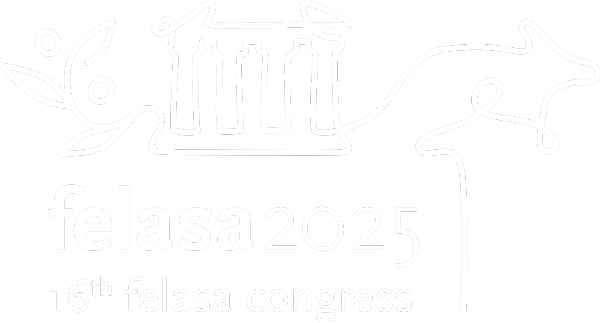
June 02 – 05 2025
Athens, Greece
Skillup Tech Sessions
Following up on the successes of the Technicians’ Day at the previous congresses in Prague 2019 and Marseille 2022, FELASA is again organising a track of sessions with particular focus on the role of the technical staff. These sessions are an ideal opportunity to bring together animal care staff, technicians and technologists to benefit from mutual experiences and discussions, to help this category of staff to to advance their knowledge, care and welfare of laboratory animals in their workplace.
These sessions will recognise the key roles and pressures that laboratory animal technicians work under and their essential contributions as members of the research team. This is the ultimate CPD event for animal caretakers, technicians and technologists during FELASA 2025.
The SkillUp Tech Sessions for FELASA 2025 are listed below. Please note that the sessions are spread out over several days.
Tuesday, June 3
Wednesday, June 4
The SkillUp Tech Sessions are specifically designed be of interest to animal caretakers, technicians and technologists, but anyone who is interested in laboratory animal science and welfare, whether from a clinical, preclinical, translational, welfare, academic, pharma or even regulatory, perspective, would find topics interesting and useful.
The topics discussed are also important for ‘Persons responsible for overseeing the welfare and care of animals’ (ICARE/NACWOs), Animal Welfare Body members, laboratory animal vets, journal editors, regulators and animal welfare groups (e.g., RSPCA, FRAME).
Join our exciting SkillUp Tech Sessions at FELASA for topical, practical and relevant information that offers something for everyone working in laboratory animal science and technology.
The SkillUp Tech Sessions will be recorded and made available afterwards upon request.
